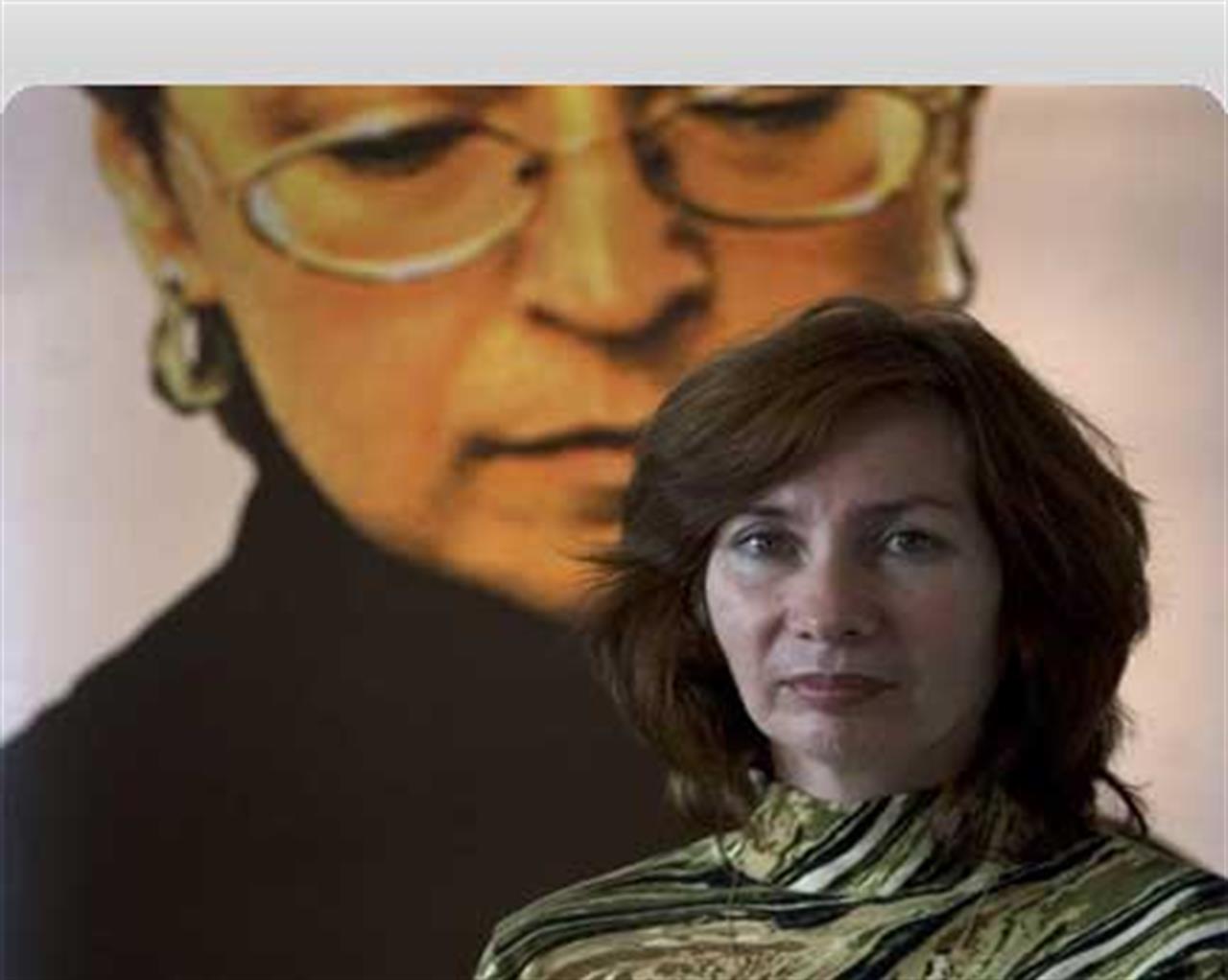Non profit
EU prize goes to Memorial
Emphasizing the current Human Rights and civil society struggles in Russia

The European Parliament’s 2009 Sakharov Prize for Freedom of Thought has been awarded to Russian civil rights defence organization Memorial, and their three representatives Oleg Orlov, Sergei Kovalev and Lyudmila Alexeyeva, as well as all other human rights defenders in Russia. The winner was announced by EP President Jerzy Buzek in Strasbourg on 22 October. The prize ceremony will take place in Strasbourg on 16 December.
Awarding the prize Mr Buzek said: “By awarding this year’s prize to Oleg Orlov, Sergei Kovalev and Lyudmila Alexeyeva on behalf of Memorial and all other human rights defenders in Russia, we hope to contribute to ending the circle of fear and violence surrounding human rights defenders in the Russian Federation, and to advance our message that civil society activists everywhere must be free to exercise their most basic rights of freedom of thought and freedom of expression.”
He went on to say that “we need to be free to follow our thoughts because this is essential in getting at the truth. Let me share with you my personal satisfaction that I can announce today this prize as the President of the European Parliament. In particular for a man who comes from Solidarity and who saw Poland fighting for truth and finally won freedom in the 1980s”.
Memorial as an organisation hit international headlines this year. Indeed a Memorial activist Natalia Estemirova, who investigated murders and abductions in Chechnya, was herself abducted in Grozny and later found dead in Ingushetia on 15 July 2009. It is suggested her death is connected to her investigations of government-backed militias in the country.
Following this event, Memorial issued a statement pointing out that “Chechen authorities had expressed dissatisfaction with her work more than once”.
Three days after her body was found, Memorial suspended its activities in the country, stating “We cannot risk the lives of our colleagues even if they are ready to carry on their work”
The organisation’s three representatives are:
Oleg Orlov, the current chair of Memorial. On 6 October 2009 Oleg Orlov was fined and ordered to retract public statements following a defamation lawsuit brought against him by the President of the Republic of Chechnya, Ramzan Kadyrov. Orlov had accused Kadyrov of being behind the murder of Chechen rights activist Natalya Estemirova. On 23 November 2007 Orlov himself was abducted in Ingushetia, together with three journalists, before being beaten, threatened with execution and released.
Sergei Kovalev, who founded the first Soviet human rights association in 1969, the Initiative Group for the Defence of Human Rights in the USSR, and became one of the initiators of Memorial. Kovalev has been an outspoken critic of authoritarian tendencies in the administrations of Boris Yeltsin and Vladimir Putin. In 1996 he resigned in protest as head of Yeltsin’s presidential human rights commission. In 2002 he organized a public commission to investigate the 1999 Moscow apartment bombings, which was effectively paralyzed after the persecution and assassination of its members.
Lyudmila Mikhailovna Alexeyeva, who, together with Andrei Sakharov and others, founded the Moscow Helsinki Group to monitor Soviet compliance with the Helsinki Final Act in 1976. Since the 1960s Alexeyeva had been campaigning for fair trials of arrested dissidents and objective coverage in the media. She was excluded from the Communist Party and deprived of her job as editor of a scientific magazine. Alexeyeva co-chaired, with Garry Kasparov and Georgy Satarov, the All-Russian Civic Congress which Alexeyeva and Satarov left due to disagreement with Kasparov in January 2008. She has been critical of the Kremlin’s human rights record and has accused the government of encouraging extremists with its nationalistic policies, such as the mass deportations of Georgians in 2006 and police raids against foreigners working in street markets, as well as Russian conduct in Ingushetia.
Si può usare la Carta docente per abbonarsi a VITA?
Certo che sì! Basta emettere un buono sulla piattaforma del ministero del valore dell’abbonamento che si intende acquistare (1 anno carta + digital a 80€ o 1 anno digital a 60€) e inviarci il codice del buono a abbonamenti@vita.it
